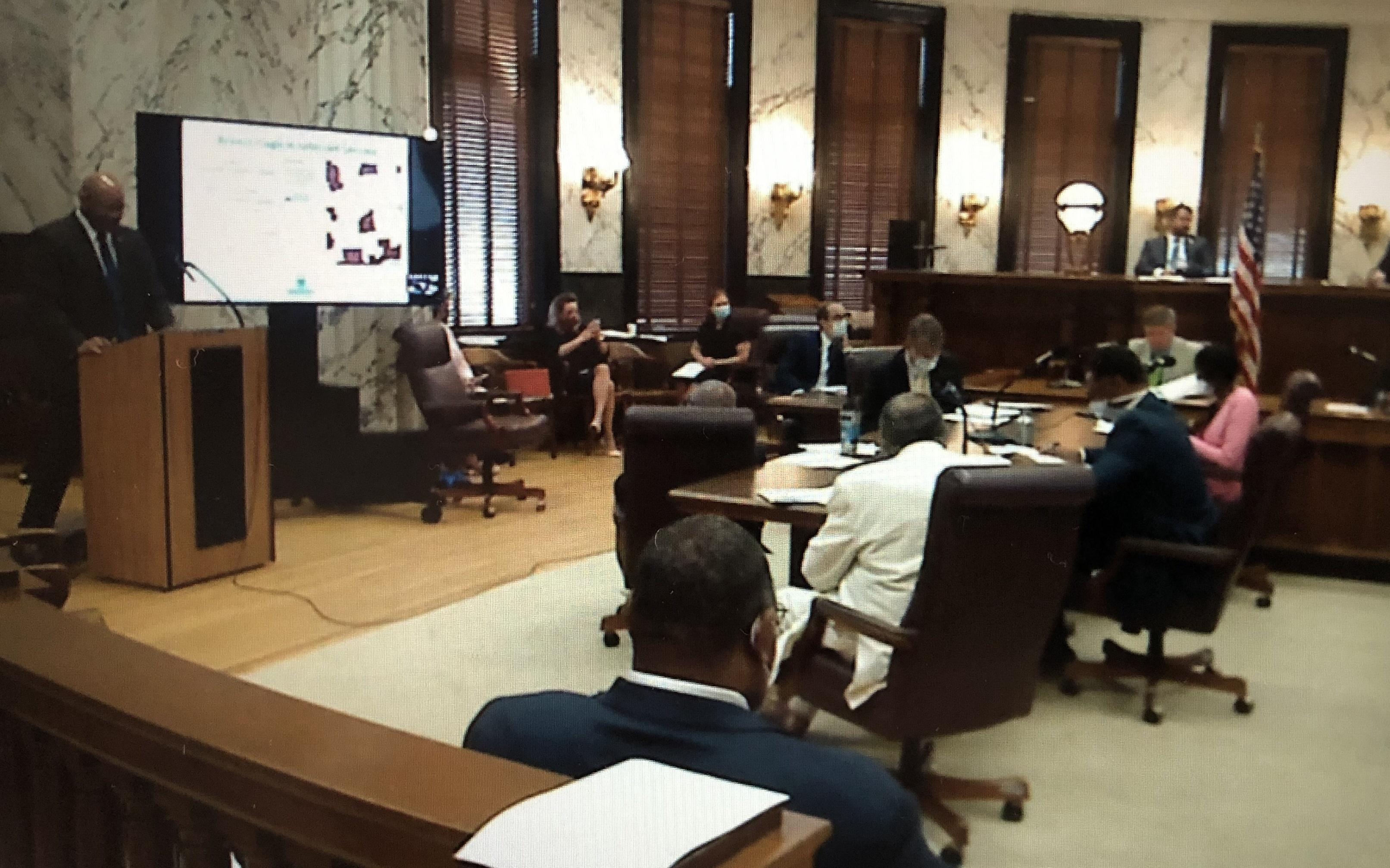Mississippi’s Superintendent of Education Carey Wright says some school districts are providing quality distance learning while others are not. She tells the Senate Education Committee lack of internet access and devices are serious concerns. Wright has a plan she says will provide teachers and students with training and devices--but access to broadband statewide is the lynchpin.
“We really just need to resolve this and this is our moment. I believe this. This is our moment as a state, not only for education because this also going to help out your community colleges. This is going to help out IHL because they’re going to have kids on line right, and they’re all over the state,” said Wright.
Wright says it’ll cost $250 million the first year and $100 million for each of the next two years to implement the plan. Mississippi’s eight colleges and universities switched to online classes in mid March because of the pandemic. College Board Commissioner Alfred Rankins sees students in business parking lots trying to connect to wifi.
“I can tell you I witnessed this twice at Walmart where I pulled up beside a car that had students sitting in the car. They had their textbooks on the dashboard and trying to complete their course work online,” said Rankins.
Rankin is asking for $86 million to upgrade technology and train faculty and students. Republican Senator Joey Fillingane of Sumrall noted access to broadband has to be the first step in helping schools and colleges.
“The first step is to provide the broadband access before we start talking about hardware and software because if you have that and you can’t connect it’s not going to do you any good is it?” said Fillingane.
The state’s 14 community colleges are requesting $150 million over two years for online and distance learning courses.




